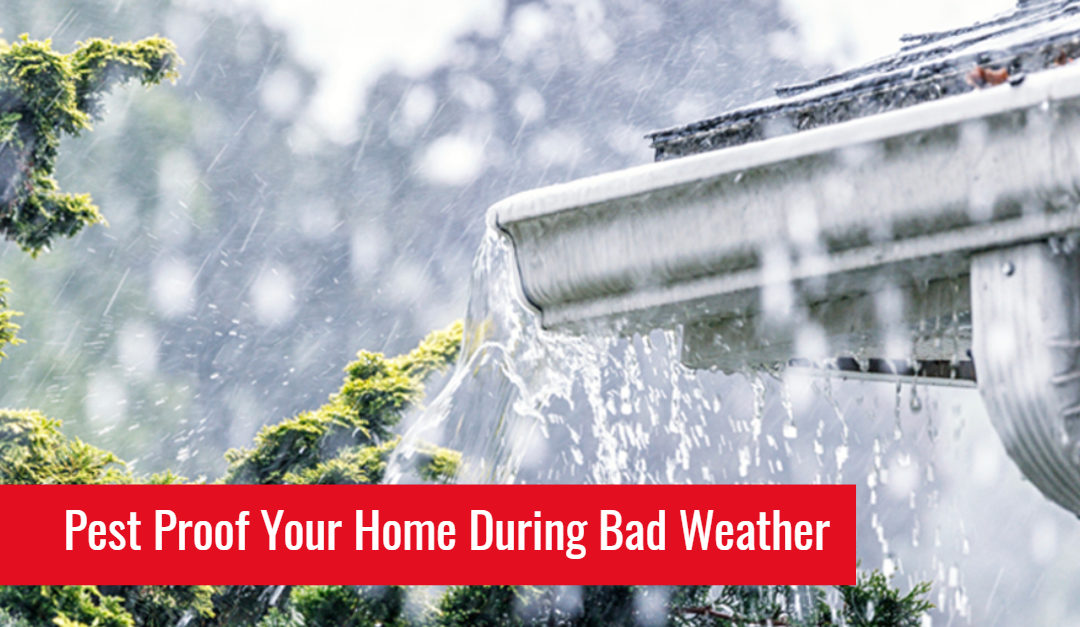Heavy rain, storms, and hurricanes can cause devastating effects to homes across the country. That’s why it is important for homeowners to make sure their homes are prepped for the damaging effects of bad weather. While reinforcing windows and bunkering down ahead of extreme weather are top priorities, other risks (in the form of pests) still lurk long after storms have passed. Downed trees and standing water may force many species of insects to seek higher ground and safe shelter – oftentimes in our own homes. To fully prepare for and combat a spike in pest populations in the this spring and summer, follow these six pest prevention tips from Arrow Termite and Pest Control.
6 Pest Control Tips Before & After Bad Weather
1. Ramp Up Your Pre-Storm Pest Control Efforts
Before reports of potential bad weather starts to roll in, you can help prevent and increased pest invansion by conducting both interior and exterior inspections of your house to identify and address any structural issues that may be worsened by the impending storm. Cracks should be sealed with a silicone-based caulk, any existing water damage should be fixed, and the household property should be sloped so that water flows away from the foundation rather than towards it. Furthermore, potential pest breeding sites such as garbage cans, standing water, and mulch should be placed relatively far from the house in order keep pests away.
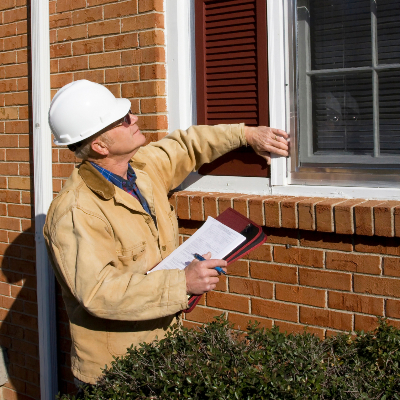
2. Drain Standing Water to Prevent Mosquito Breeding Grounds
Though it may seem that the flooding and heavy rains associated with storms would effectively eradicate any existing mosquito populations, the standing water left behind serves as an ideal breeding ground for these biting pests. Mosquitoes need only a bottle cap full – half an inch – of water to breed. As a result, homeowners should assess and address sources of standing water, which can be found in obvious places where flood waters collect, but also in birdbaths, clogged gutters, flowerpots, grill covers, garbage cans and lids. By draining and emptying these, you can prevent the development of a mosquito population in your own backyard.
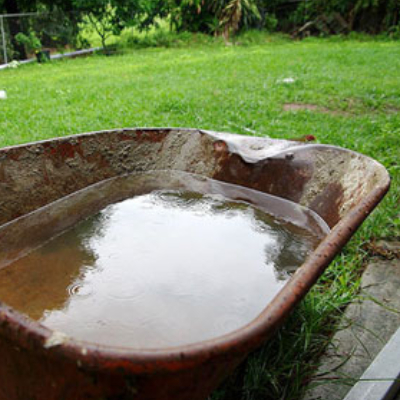
3. Remove Tainted Food and Damaged Debris to Avoid Flies, Rodents, & Wildlife
Rotten food caused by extended power outages during bad weather can invite flies into your home. Flies breed in rotting food, potentially exposing family members to harmful disease. Deposit any spoiled food in a sealed trash bag outside of the house to avoid attracting flies. Food waste and clutter can also entice rodents that are displaced by the storms and seeking food and shelter. For this reason, ensuring that discarded food is picked up by sanitation workers in a timely manner is critical. These workers usually prioritize dealing with common garbage over construction debris in the aftermath of a natural disaster, so homeowners should separate these materials to ensure that trash is quickly picked up and organize debris piles away from the home.
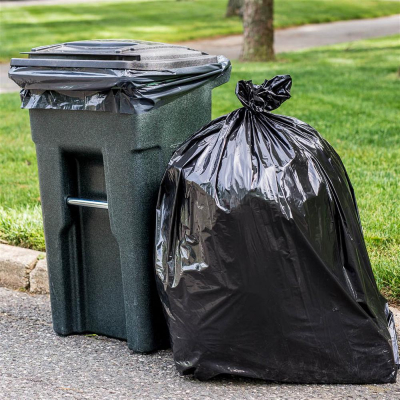
4. Assess & Repair Any Water Damage to Stop Termite and Ant Infiltrations
Rotting wood, caused by water damage, may attract troublesome termites – a pest that can silently chew through your home’s wood joists and flooring, etc., and inflict thousands of dollars in damage quickly. Excessive moisture around your property can oversaturate soil and cause insects living underground, such as ants, to seek higher ground and shelter inside your home. To mitigate these threats, discard rotting debris that could harbor pests, fix any damaged pipes that could be leaking, and make sure your property slopes away from your home to prevent water from pooling around the foundation of the structure. It will also be a good idea to schedule a termite inspection.
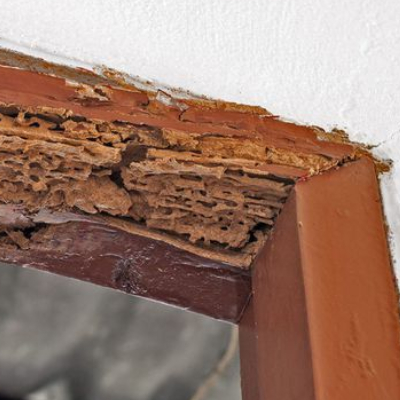
5. Check for Structural Damage and Openings Caused by Weather
High winds, rain and hail caused by storms can damage houses, as well as displace surrounding wildlife. The unfortunate aftermath encourages larger pests such as rats, mice, raccoons and squirrels to seek shelter in homes. Damaged siding, roofing and soffits can serve as easy entry points for these and other small animals that are on the hunt for a refuge. Look for all signs of damage on the exterior of the home and repair it as soon as possible. Additionally, seal any openings around windows and doors with caulk and steel wool to further barricade against pests during hurricane season.
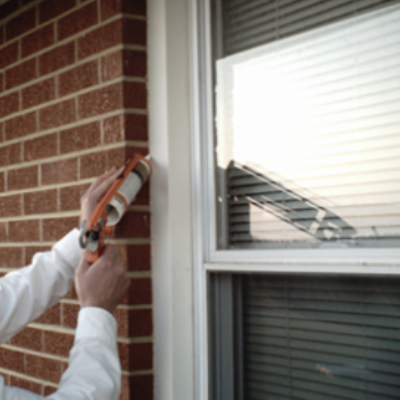
6. Schedule a Post Storm Inspection for Pests, Termites, and Rodents
If you suspect or experience a pest infestation in your home, contact a licensed pest control professional to conduct an inspection and work with you to develop a pest and treatment management plan. A professional assessment can help identify any issues before they get out of control. With over 60 years serving the gulf coast, Arrow Termite & Pest Control is a local and family owned business.
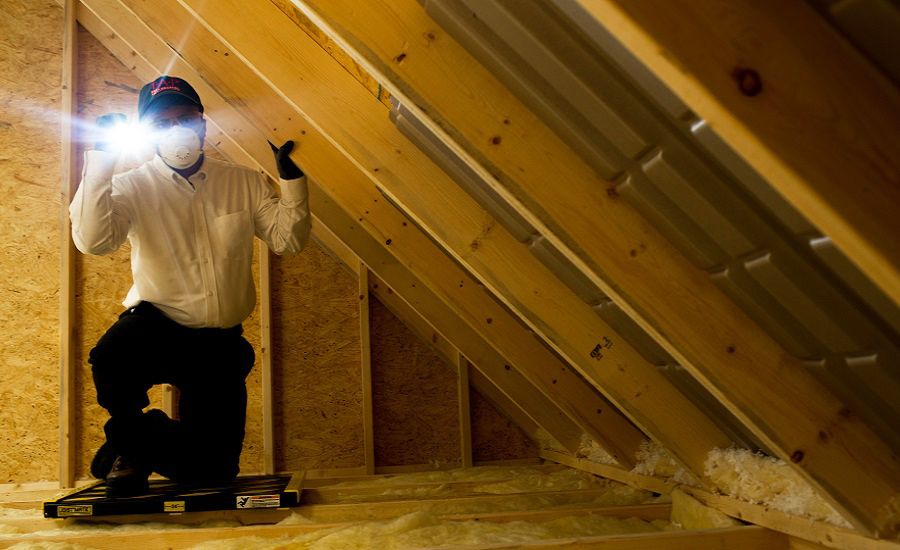
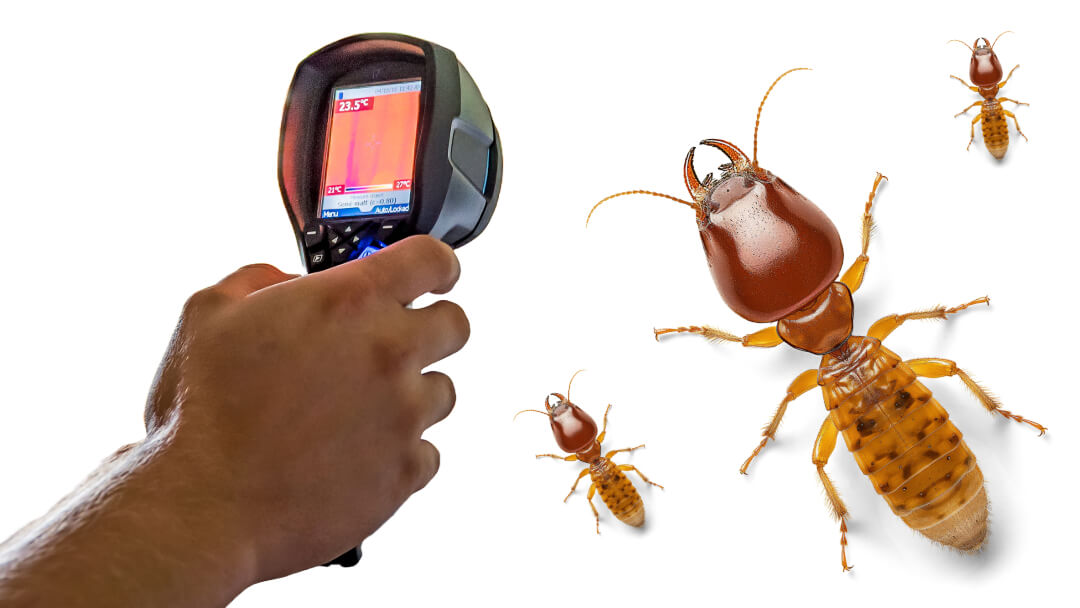
Why Regular Termite Inspections Are Crucial For Your Property
The foundation of a secure home or business lies not just in its construction but also in its protection against silent destroyers like termites. Regular termite inspections are a critical defense, safeguarding your investment from the inside out. In the following...

Commercial Pest Control is Essential for Your Business
Discover how commercial pest control can save your business money, maintain your reputation, and keep your employees safe in the long run.

